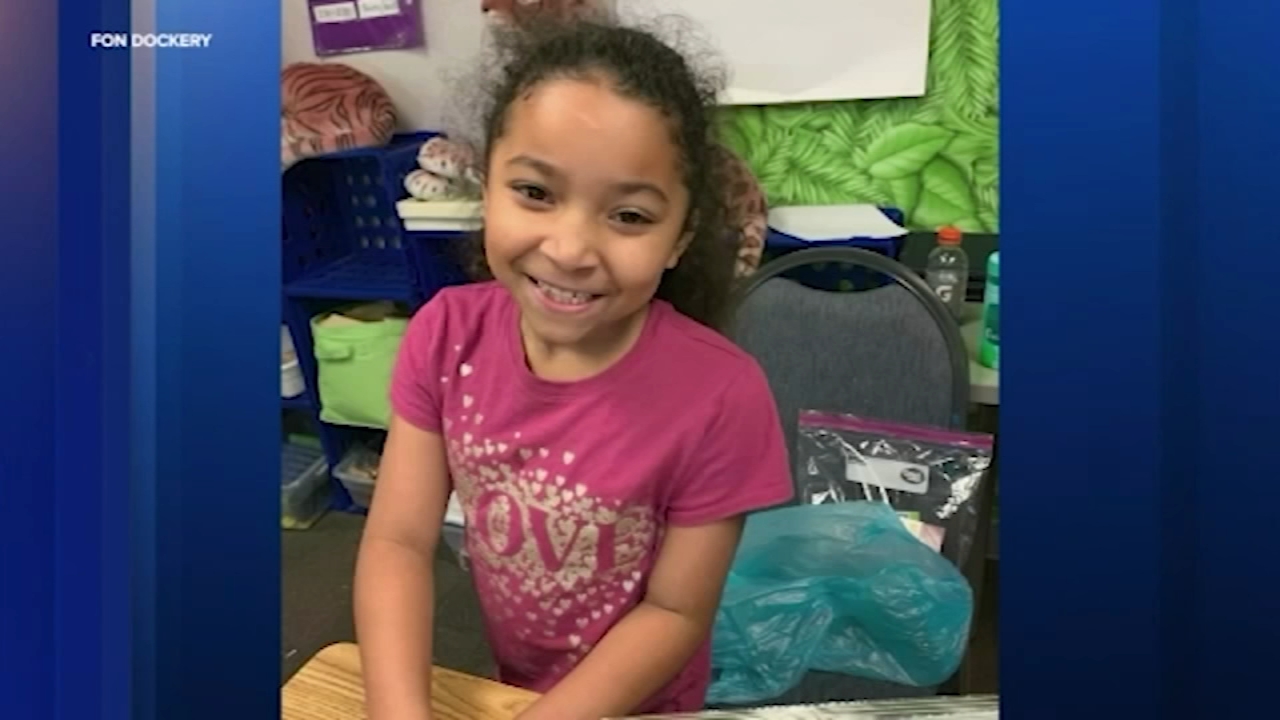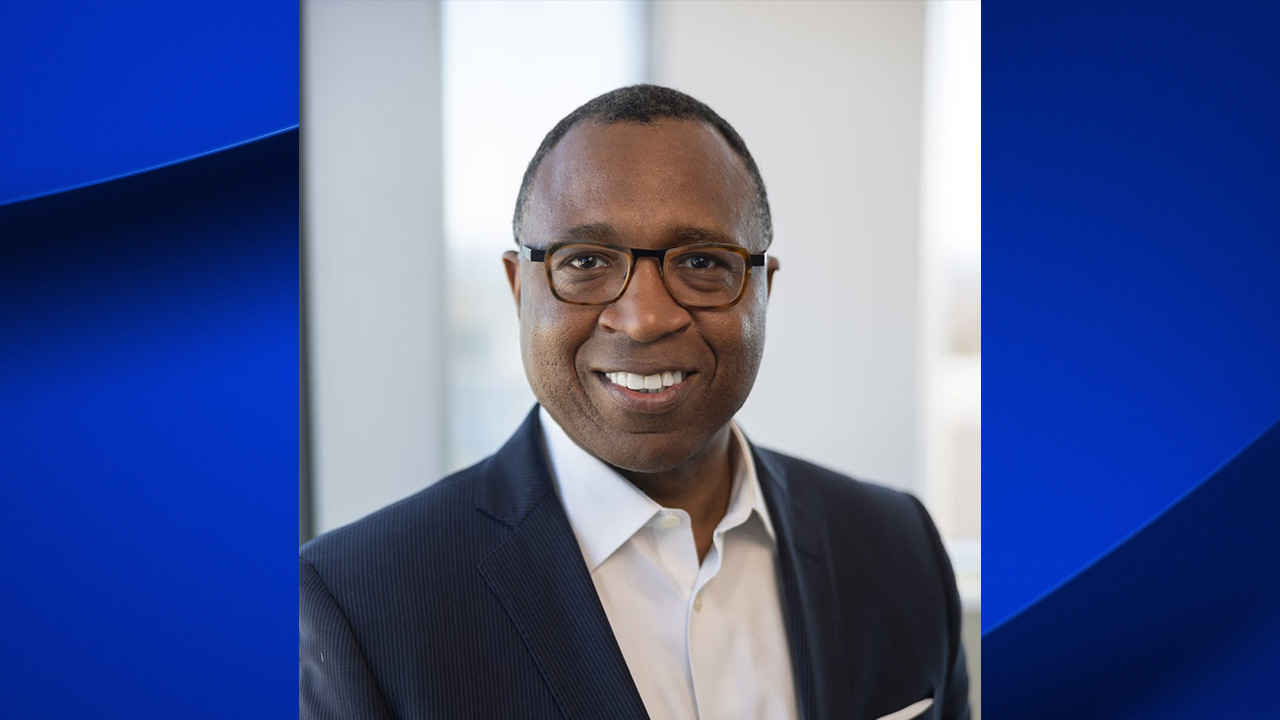President Trump rallies in Fayetteville ahead of 9th District vote

FAYETTEVILLE, N.C. -- After visiting Havelock and meeting with Gov. Roy Cooper about damage caused by Hurricane Dorian, President Donald Trump held a political rally Monday night in Fayetteville to support a Republican candidate to the House.
President Donald Trump used a North Carolina rally Monday to paint a bleak picture of a nation he claimed would be overrun with crime, poverty and immigrants if Democrats seize power in Washington.
Trump, appearing at his first campaign rally in nearly a month, went on the offensive in an effort to change a series of late-summer negative headlines over his slipping poll numbers, warning signs of an economic slowdown and a running battle over hurricane forecasts. He urged the Fayetteville crowd to vote Tuesday for Republican Dan Bishop, brandishing his usual incendiary rhetoric to declare from the stage that "tomorrow is a chance to send a clear message to the America-hating left."
While the stakes for the House are high, Trump's trademark rallies inevitably become more about him than the local candidate, as he uses the stage to settle political scores, sharpen attacks and take on perceived foes. With an eye to his own reelection next fall, he touted his administration's accomplishments but also urged voters to give him more time.
"That's why we need four more years," Trump said at the nearly 90-minute rally. "It's got to seed - it's a plant. It has to grow. It has to grow those roots. That's why 2020 is just as important. Because they will try to take it away."
RELATED: Makeshift parking, long walks to rally, and Trump supporters don't mind
Trump's appearance Monday emerged as a test of the president's pull with voters. The special election could offer clues about the mindset of Republicans in the suburbs, whose flight from the party fueled the GOP's 2018 House election losses.
The president enjoys wide popularity within his own party, but a GOP defeat in a red-leaning state could portend trouble for his reelection campaign. But before leaving Washington, Trump dismissed questions of whether a poor result for the Republican candidate would serve as a warning sign in next year's elections.
"No, I don't see it as a bellwether," Trump said.
After a light rally schedule of late, the president had plenty of new material to work with.
Chief among them was the White House's worries about the impact an economic downturn could have on a president who has made a strong economy his central argument for a second term. Trump advisers worry that moderate Republican and independent voters who have been willing to give him a pass on some of his incendiary policies and rhetoric would blame him - and, in particular, his trade war with China - for slowing down the economy.
Trump offered up a robust defense of the trade war with Beijing. He pushed for Congress to approve his new U.S.-Mexico-Canada trade deal. And he exaggerated the number of miles constructed on his promised border wall.
Trump repeatedly painted the Democrats as a party that has moved to the extreme left on issues such as immigration, abortion and health care.
"You don't have any choice. You have to vote for me," Trump told the crowd. "What are you going to do: Put one of these crazy people running? They are so far left."
"Your way of life is under assault by these people," he said.
Trump also expressed his support for the Second Amendment against the backdrop of a recent spate of deadly mass shootings. It comes as congressional Democrats push for expanded background checks for gun purchases.
The Ninth House district flows eastward from the prosperous Charlotte suburbs into rural areas hugging the South Carolina border. State officials invalidated last November's election following allegations of voter fraud by a GOP operative.
The district has been held by the GOP since 1963. In 2016, Trump won the district by 11 percentage points. Should Bishop defeat Democrat Dan McCready, it could give Trump room to assert that he pulled Bishop over the top. If McCready prevails or Bishop wins by a whisker, it will suggest GOP erosion and raise questions about Trump's and his party's viability for 2020.
"This will tell us if Trump can carry candidates through suburban districts or not," said Sarah Chamberlain, president of the Republican Main Street Partnership, which represents moderate Republicans. If not, she said, the GOP must "work harder to address the concerns of suburban individuals, mainly women."
Marshville residents Philip and Diane Ezzell, both 70, were near the front of the line Monday waiting to enter the Trump rally. Both attributed their support for Bishop to his backing by Trump. "We like his values, and he supports Trump," Diane Ezzell said. "And we don't want no socialist clowns."
That was a reference to a TV spot by Bishop superimposing the faces of McCready and other prominent Democrats on swaying clown figures.
"North Carolinians heard it directly from President Trump: Dan Bishop's platform of strong and secure borders, tax cuts, and economic prosperity for small businesses and families is the right choice to lead the 9th District in Congress," said Republican National Committee spokesperson Kevin Knoth. "While his opponent supports sanctuary cities and sides with far-left Democrats, Bishop remains steadfast in his commitment to fight for the District and continue the booming progress made under President Trump."
Trump also urged North Carolina voters to "take the first steps" toward removing House Speaker Nancy Pelosi and "winning the back the House in 2020."
Trump said a vote for any Democrat in 2020 is "a vote for the rise of radical socialism and the destruction of the American dream."
He said he offers "the only positive vision for the people of North Carolina."
It all starts with a "giant victory tomorrow," the president said.










